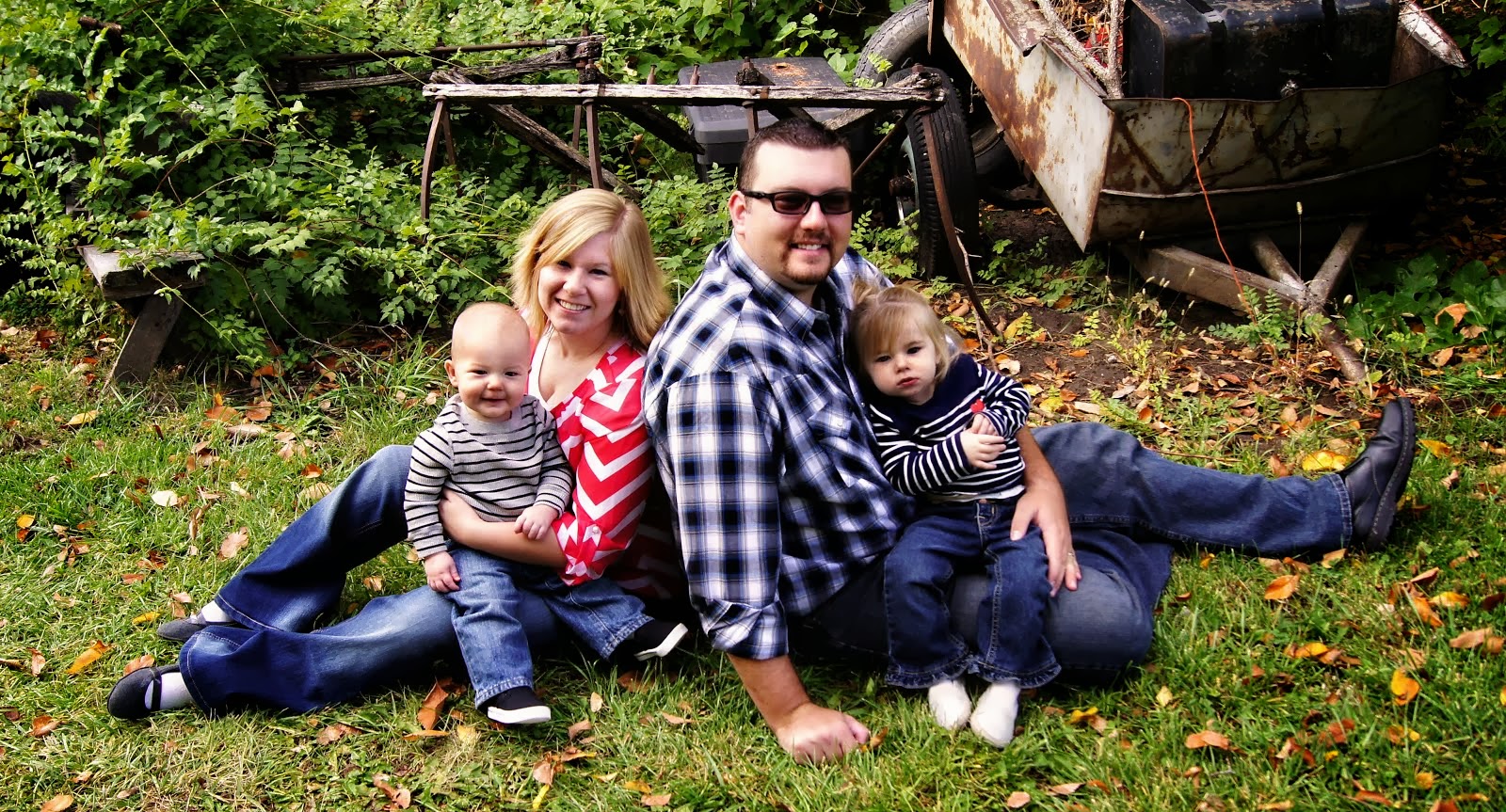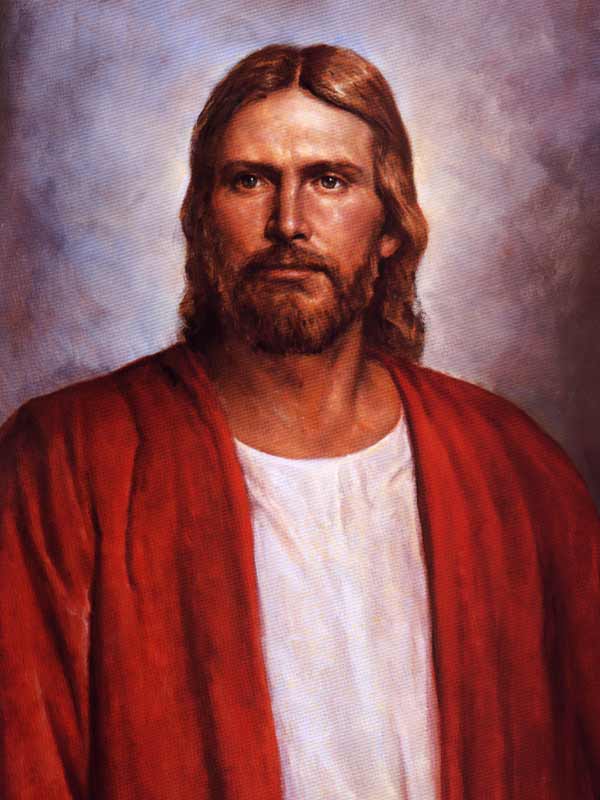Each of the verses begin with the "Blessed are..." What does "blessed" mean? From the institute manual, "The Life and Teachings of Jesus and his Apostles" blessedness is defined as being higher than happiness. "...blessedness is an inward fountain of joy in the soul itself, which no outward circumstances can seriously affect." By following the Beatitudes we can obtain this level of happiness.
I chose three attributes to touch on.
1. Blessed are the poor in spirit. "To be poor in spirit is to feel yourselves as the spiritually needy, ever dependent on the Lord..." (Institute Manual) We need a lot to get through life. Food, clothing, air, health, shelter. The Lord blesses us with each of these and more every day. We need his help to continue moving forward in our endeavors. This need will never leave, never go away. As we put our lives in His hands, he will bless our lives for good.
2. Blessed are the merciful. There is a quote from "The Hobbit" that this one made me think of. Gandalf is speaking to Bilbo. He says to him, "True courage is about knowing not when to take a life, but when to spare one." It's learning when to hold your tongue. It's learning to refrain and be merciful, be loving instead of cruel or unkind. "Blessed are all you who are merciful for you shall obtain mercy!" (Institute Manual)
3. Blessed are the meek. "Meekness is not synonymous with weakness. The meek man is the strong, the mighty, the man of self-mastery." (Institute Manual) Being meek is being humble, not easy to anger. Christ was the perfect example of meekness. As we become meek, we will master ourselves and find happiness.



